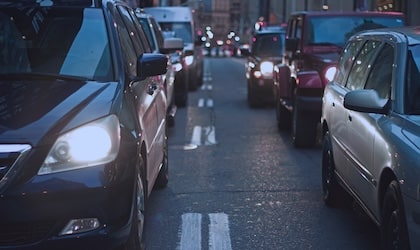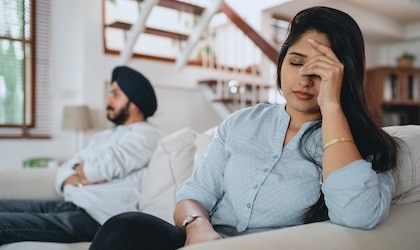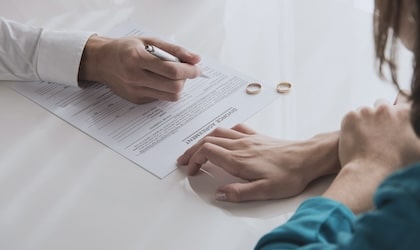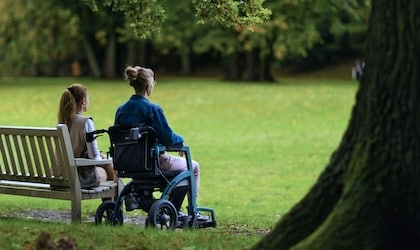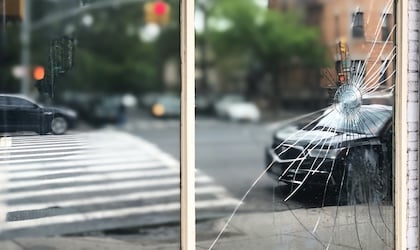Accidents caused by alcohol-impaired driving continue to be a leading cause of death and injury in Canada. Every year, an estimated 1,250 to 1,500 people are killed while roughly 63,000 are injured in impairment-related accidents.
The dangers of drunk driving are commonly known; alcohol dulls alertness, slows reaction time, and in some cases, may completely change an individual’s depth perception, inhibiting their ability to properly gauge distance relative to other vehicles or people. Those who drive under the influence are a threat to everyone around them, and despite the understood dangers, the issue continues to persist on our roads.
Whether you are a victim of drunk driving, or a family member of someone involved in such an accident, it’s imperative to understand your rights, when to pursue recourse, and the different factors that could impact your options.
Negligent Drivers
A drunk driving accident can be caused by a number of negligent acts.
Negligence, in law terms, refers to a situation where one party acts in a careless (or “negligent”) way, resulting in another party sustaining injury. If the actions or inactions of a drunk driver result in the harm of another individual, the drunk driver could be held liable.
As per regular drinking and driving laws in Canada, a blood alcohol concentration (BAC) of 80 milligrams or more (mg) of alcohol per 100 millilitres (ml) of blood is strictly prohibited. A police officer has the right to pull over a vehicle and immediately administer a breathalyzer test.
Drunk driving can result in various careless acts. For instance, a driver could maneuver their vehicle in a dangerous way due to impaired reaction time. Had they been sober, would they have executed the same maneuver? Or would they have been in a better frame of mind to better understand the road? If this maneuver causes them to hit another car and cause injury to one or more parties around them or within another vehicle, they could be held liable should the injured victim choose to pursue a tort claim.
Impaired driving may also result in speeding. If a driver’s ability to perceive distance is compromised, it could cause them to speed beyond the road limits, which could ultimately cause an accident.
Because drunk drivers may experience impaired vision, this could impact their ability to see pedestrians. This is a common drunk driving incident; drunk drivers may hit a pedestrian simply because they could not see them. Ultimately, this could lead the victim to suffering from catastrophic injuries.
Most commonly, drunk driving may result in head-on collisions and rear-end collisions. As we have established, alcohol often compromises a person’s vision. It could make them drowsy, unaware of their surroundings (i.e. traffic signs), and unable to reasonably react to the actions of other drivers. If the driver in front of them slows, they may be in a state where they are unable to react quickly enough, causing them to hit the other driver. Or, unable to see a traffic sign, they could veer into oncoming traffic, causing a collision while driving through the intersection.
Joint and Several Liability in Motor Vehicle Claim
Determining who is liable for a car crash is not always clear cut. There are various factors that could cause a car crash, and it isn’t always due to the actions of just one person.
Joint liability is when two or more defendants are liable for their actions towards an accident, as a whole. Several liability is when each party is held responsible only for their respective contributions towards the accident.
In some situations, the injured plaintiff can be liable in combination with the defendant, also known as contributory negligence. For example, in a multiple car collision, perhaps one driver was negligent because they were drunk, but another driver was simply negligent because they failed to wear a seatbelt, or were talking on the phone. Damages can be apportioned in cases where there is an element of contributory negligence or where more than one party is responsible for the accident.
Establishments can also be liable for a plaintiff’s injuries should they over-serve alcohol. These patrons or guests could later go on to operate a motor vehicle while under the influence, thus causing an accident.
House parties can fall into a grey area because some parties are BYOB, which could make it more difficult for a host to supervise their guest’s alcohol consumption. However, the host may be liable in circumstances where they retain significant control over the distribution of alcohol among their guests. For example, if the party provides alcohol service or an open bar, the host of the party could be held liable. Ultimately, liability is established based on the level of supervision and control over the provision of alcohol.
In the event that an individual makes it home safely from a party, but later decides to go back out and become further intoxicated, establishing liability becomes tricky. The original host cannot be held fully responsible for the decisions an individual makes after they have made it home.
Know Your Options After a Drunk Driving Accident
If you have suffered from an accident due to drunk driving, you are entitled to accident benefits. In fact, accident benefits are available to anyone who suffered from an accident involving a motor vehicle.
Accident benefits can include claims for: income replacement, medical rehabilitation benefits, lost educational expenses, and other services needed to make a full recovery.
The victim of the accident can also pursue a tort claim against the drunk driver or the establishment that served the alcohol.
At Gosai Law, we work hard to gather extensive evidence to properly fight on behalf of our clients who are victims of drunk driving accidents. Our promise to you entails our undivided attention, expert research skills, and timely communications.
For Family Members of the Victim
Seeing a loved one injured is never easy. For victims unable to do so themselves, family members and other loved ones can pursue a tort claim on their behalf, or apply for appropriate financial compensation.
Additionally, family members of a victim who is seriously injured are able to seek remedy in tort through Family Law Act claims, also known as an FLA claim. Inevitably, personal injuries don’t just impact the victim; they can also impact those closest to them, both emotionally and financially.
So when someone experiences an injury caused by negligence, the close family members of the victim may be able to bring a derivative action against the at-fault party. The act provides family members with the compensation they may need following an accident; those who qualify include a person’s spouse, children, siblings, parents, and grandparents.
In order for family members to recover damages the victim must be injured (or killed) and the injury must be caused by the negligence of the other party. Additionally, recourse can only be pursued when the injured individual is – or would’ve been – entitled to receive such damages. Damages can include funeral expenses, medical rehabilitation and/or treatment expenses, loss of income support, as well as other expenses lost due to the loss of care and companionship that was initially provided by the injured person. Furthermore, damages can cover travel expenses needed to visit and therefore care for the injured family member.
If you believe you may be entitled to pursue an FLA claim, seeking the guidance of a lawyer is a smart move. A lawyer can help you understand the scope of these issues, and thus help you determine the best course of action.
What to Do Next?
If you or someone you know has been involved in an accident caused by a drunk driver, call Gosai Law to get a free consultation and learn more about your legal options.


